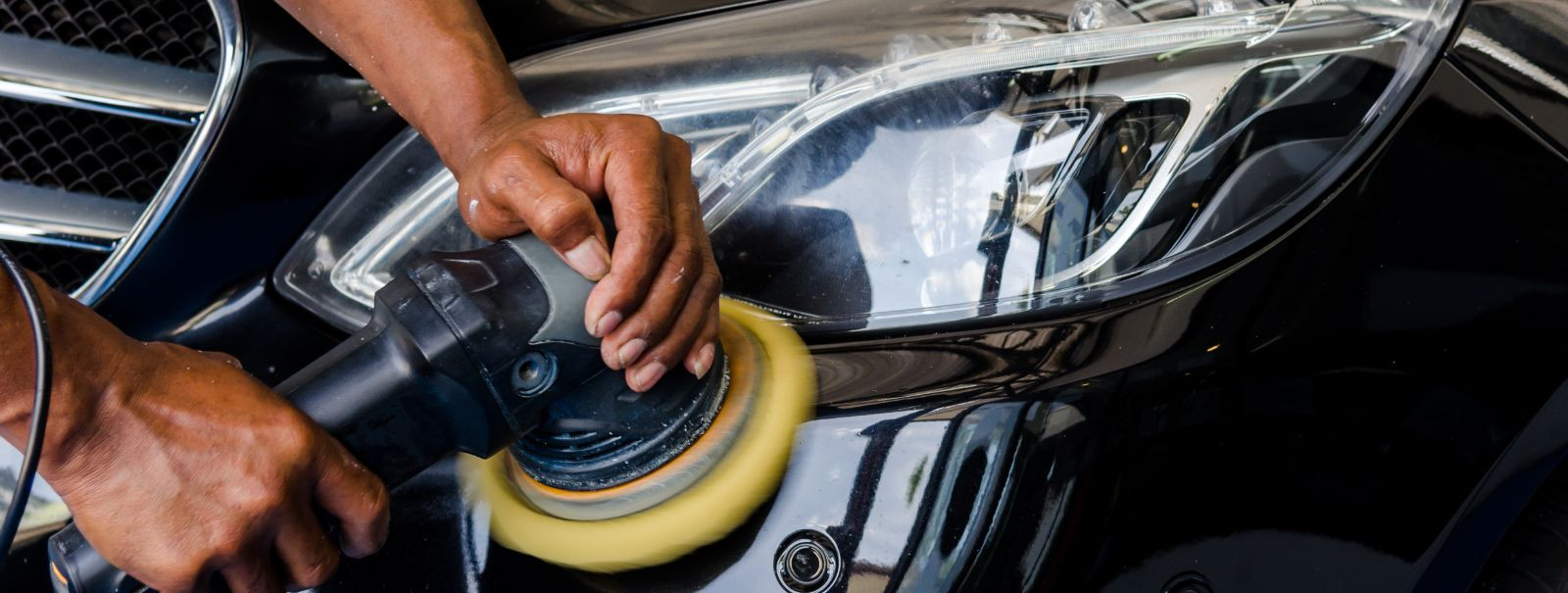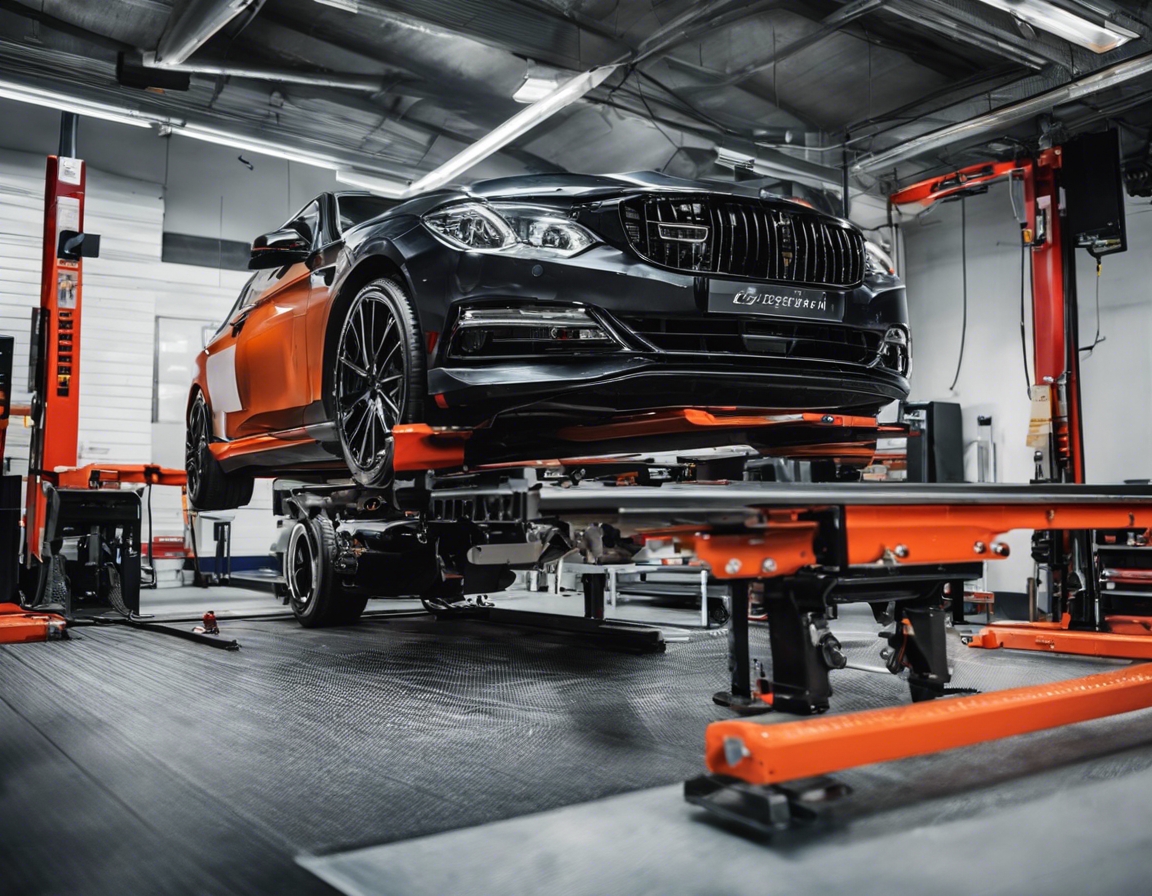Maximizing your car's shine: polishing vs. waxing
For many vehicle owners and enthusiasts, a car is more than just a mode of transportation; it's a statement of personality and pride. A well-maintained car that gleams under the sun not only turns heads but also speaks volumes about the owner's attention to detail and care for their investment.
Two key processes in maintaining a car's luster are polishing and waxing. While they are often used interchangeably, they serve different purposes and contribute to your vehicle's appearance and protection in unique ways.
Understanding Car Polishing
Car polishing is a detailing process that involves using abrasive compounds to remove a fine layer of your car's paint, thereby eliminating surface imperfections such as scratches, swirl marks, and etchings. It restores the paint's original shine and prepares the surface for waxing.
Polishing not only enhances the car's appearance but also extends the life of the paint by removing oxidized paint and smoothing out the surface. This process can also increase the vehicle's resale value by maintaining its exterior condition.
Polishing a car can be done either manually or with the use of a machine polisher. It requires careful application of polish and a systematic approach to ensure an even, glossy finish without damaging the paint.
Polishing is recommended when you notice dull paint, minor scratches, or after a thorough wash when you want to restore the paint's brilliance. It's not a routine maintenance task but rather a corrective measure to be performed a few times a year or as needed.
Exploring Car Waxing
Car waxing, on the other hand, is the application of a protective layer over your car's paint. Waxes can be made from natural carnauba wax, synthetic polymers, or a combination of both, and they serve to protect the paint from UV rays, pollution, and other environmental contaminants.
Waxing provides a protective barrier that not only adds shine but also repels water and dirt, making your car easier to clean. Regular waxing can prevent paint from fading and minimize the risk of scratches.
Applying car wax is a simpler process than polishing and can be done more frequently. It involves spreading an even layer of wax, allowing it to haze, and then buffing it to a high shine. It's a crucial step for locking in the shine after polishing.
For best results, wax your car in the shade and follow the manufacturer's instructions. Use a microfiber cloth or a foam applicator to apply the wax gently and avoid direct sunlight during the process to prevent the wax from drying too quickly.
Polishing vs. Waxing: The Differences
While polishing is a corrective action aimed at improving the car's surface, waxing is a protective measure to maintain the shine and shield the paint. Polishing should be done sparingly, whereas waxing can be part of regular car maintenance.
Yes, you can polish and wax your car during the same maintenance session. In fact, it's recommended to wax your car after polishing to seal the smooth surface and enhance the shine. However, it's important to allow enough time for the polish to settle before applying wax.
Choosing the Right Products
There are various types of car polish available, including abrasive compounds for heavy correction and finer polishes for light scratches and finishing. Selecting the right polish depends on the condition of your car's paint and the level of correction needed.
Car waxes vary in their formulation, with options ranging from natural waxes that offer a deep, warm shine to synthetic waxes that provide longer-lasting protection. Your choice should be based on your preference for shine versus longevity and the climate in which you live.
As environmentally conscious consumers, it's important to consider eco-friendly options. There are a variety of biodegradable polishes and waxes on the market that are less harmful to the environment without compromising on quality and performance.
Maintaining Your Car's Shine
To keep your car looking its best, establish a regular cleaning and maintenance routine. This includes washing your car regularly, removing contaminants with a clay bar before polishing or waxing, and applying a sealant for additional protection.
For those who prefer a professional touch or lack the time and resources to do it themselves, professional detailing services can provide the expertise and high-quality products to maintain your car's shine. These services can range from basic wash and wax to full paint correction and protection packages.






Comments (0)